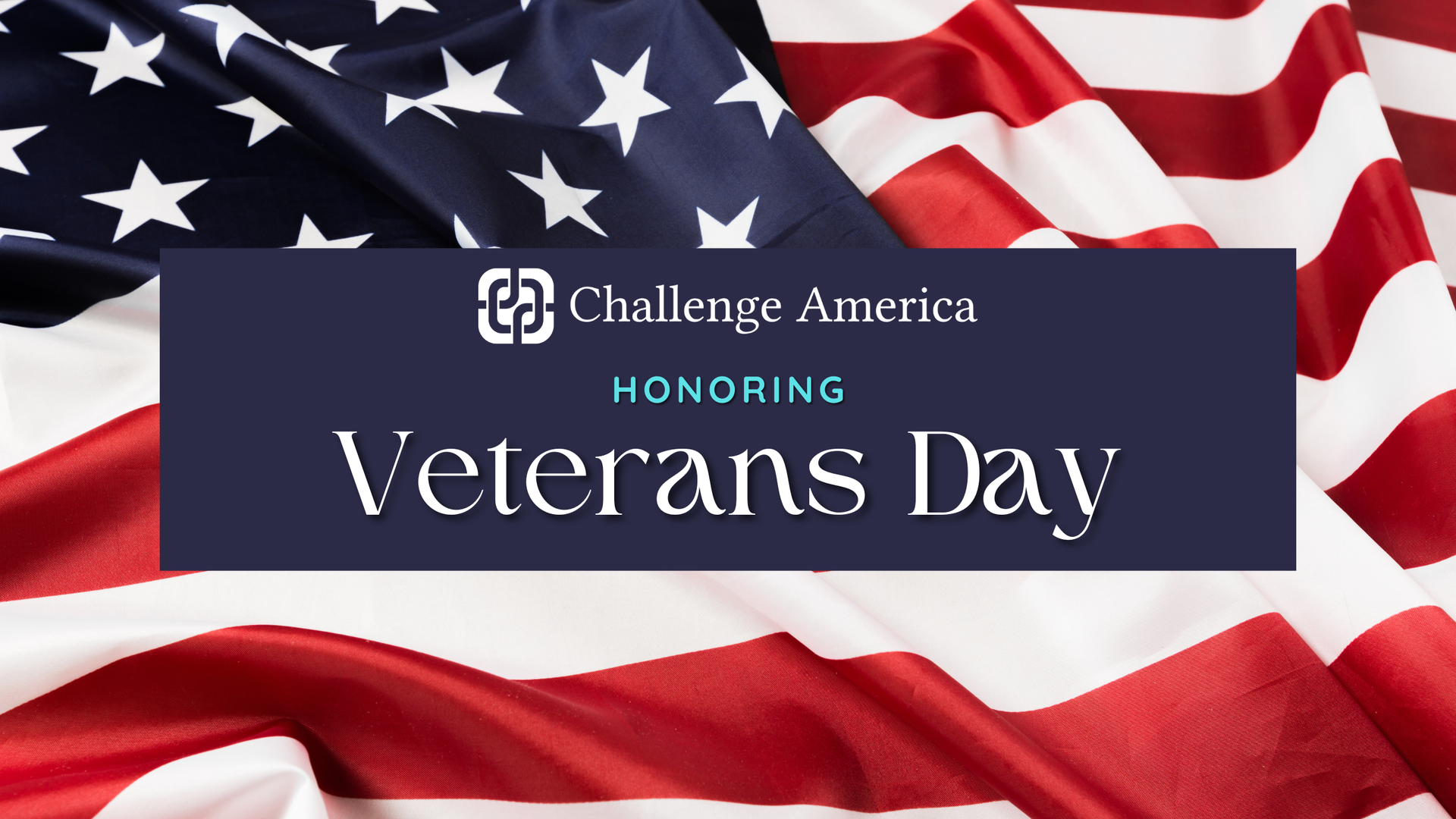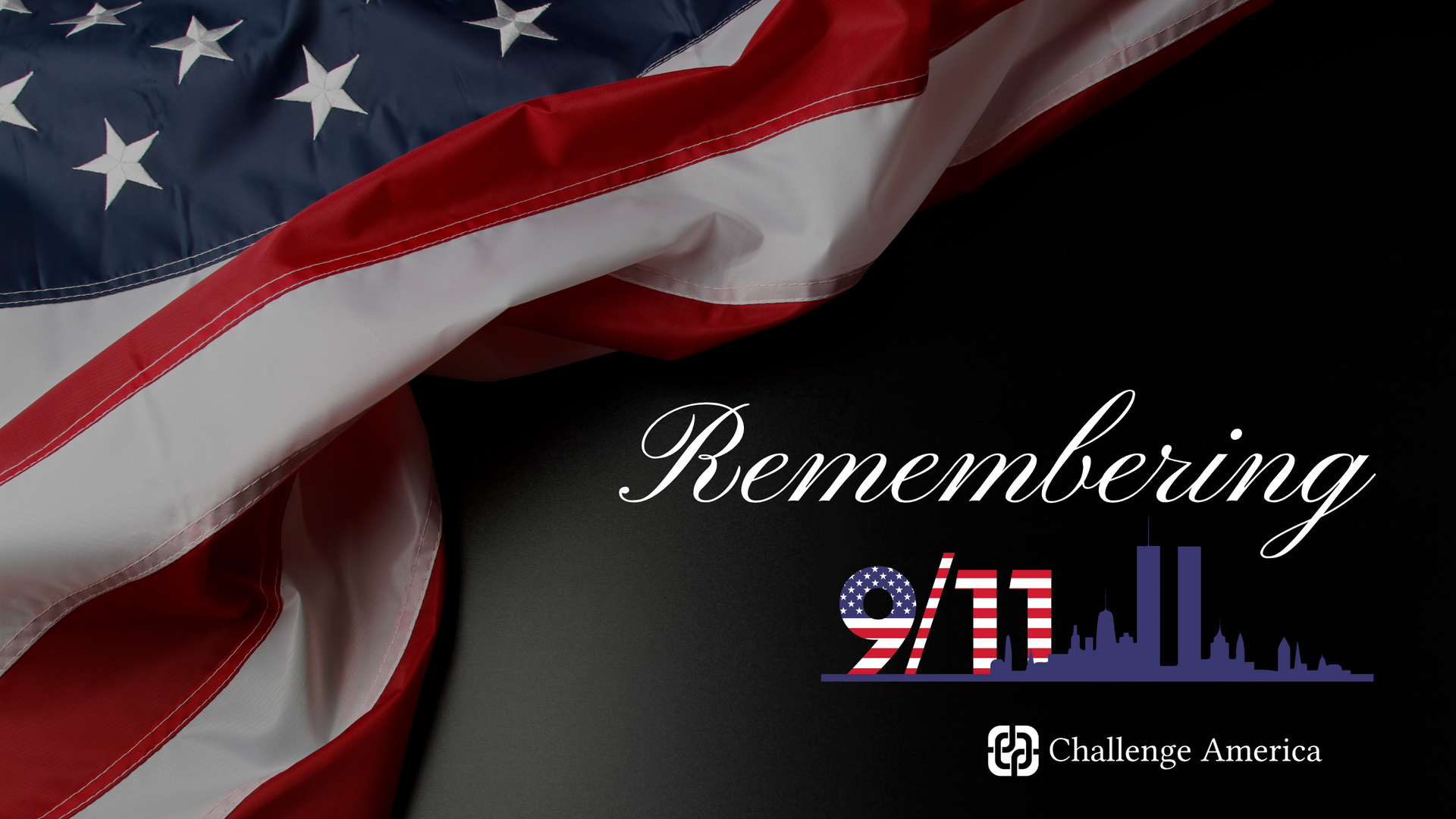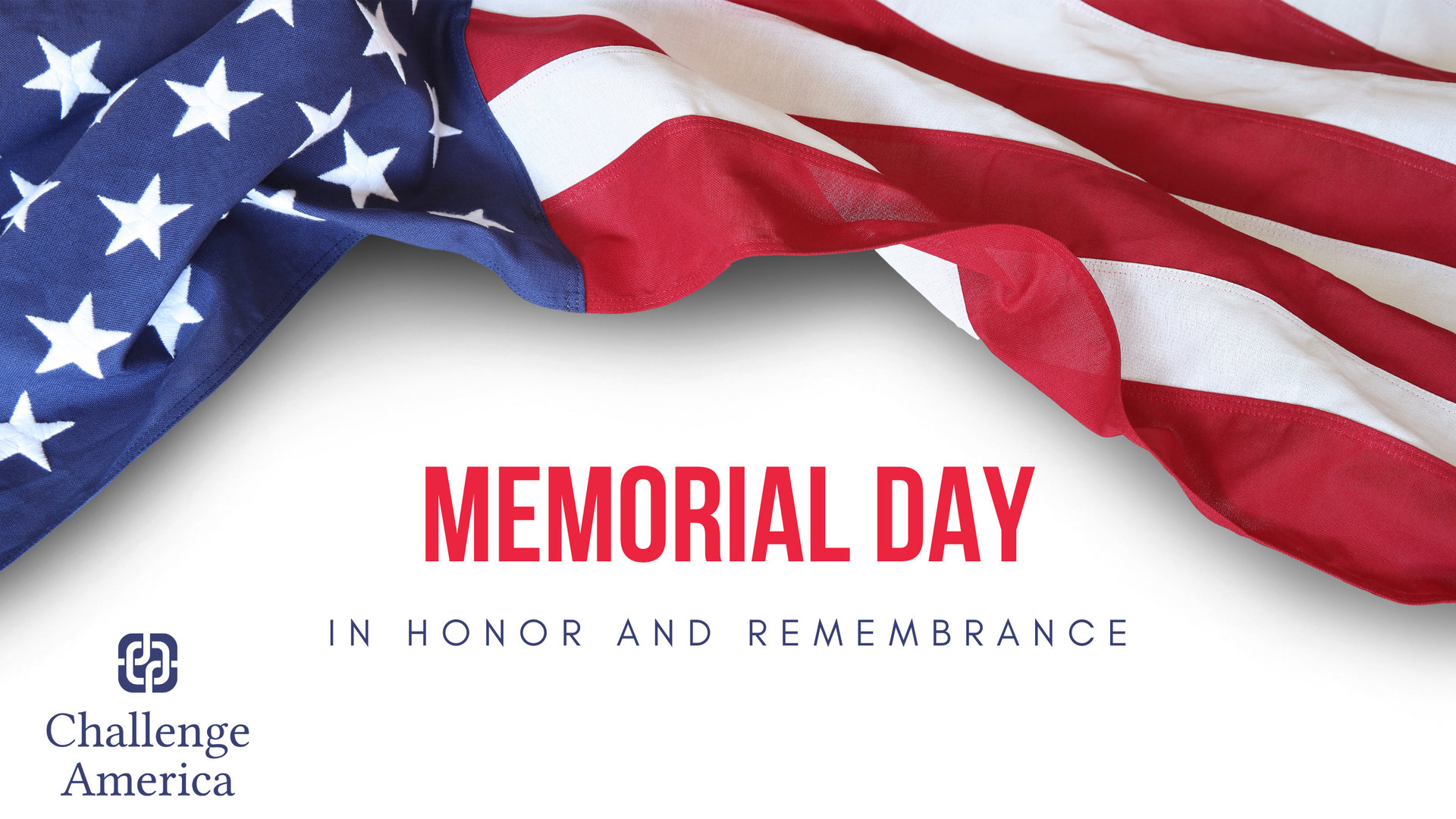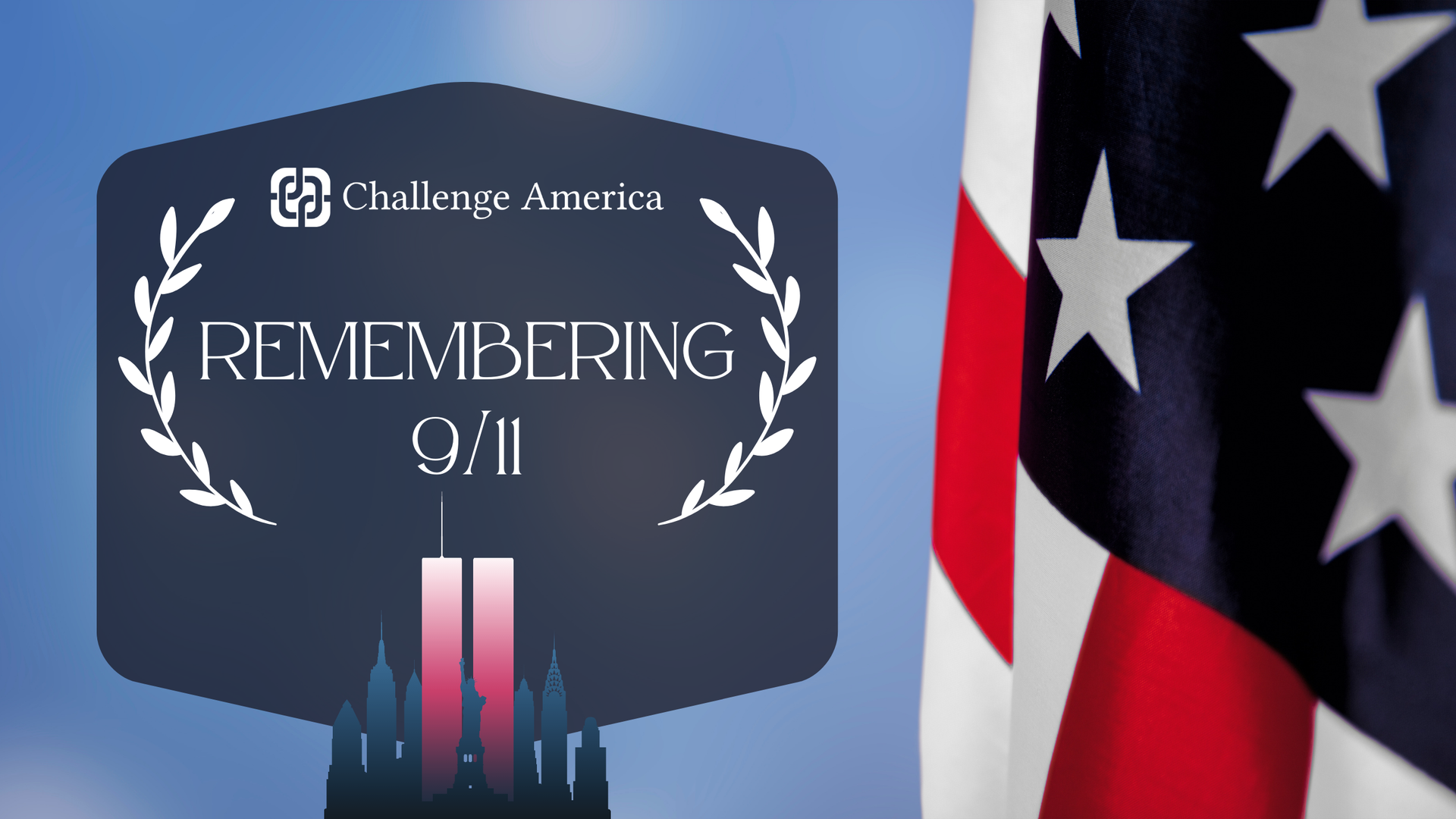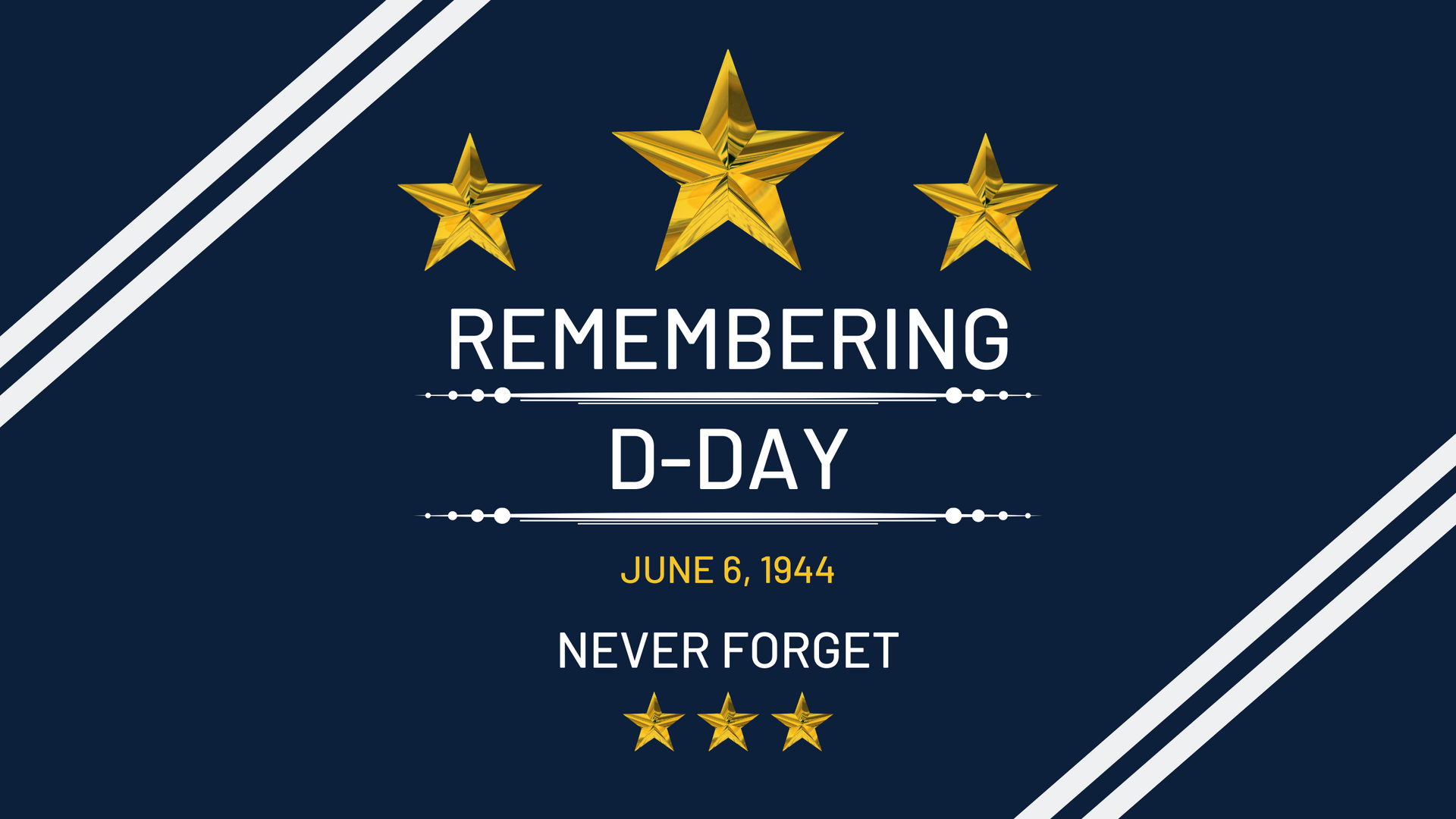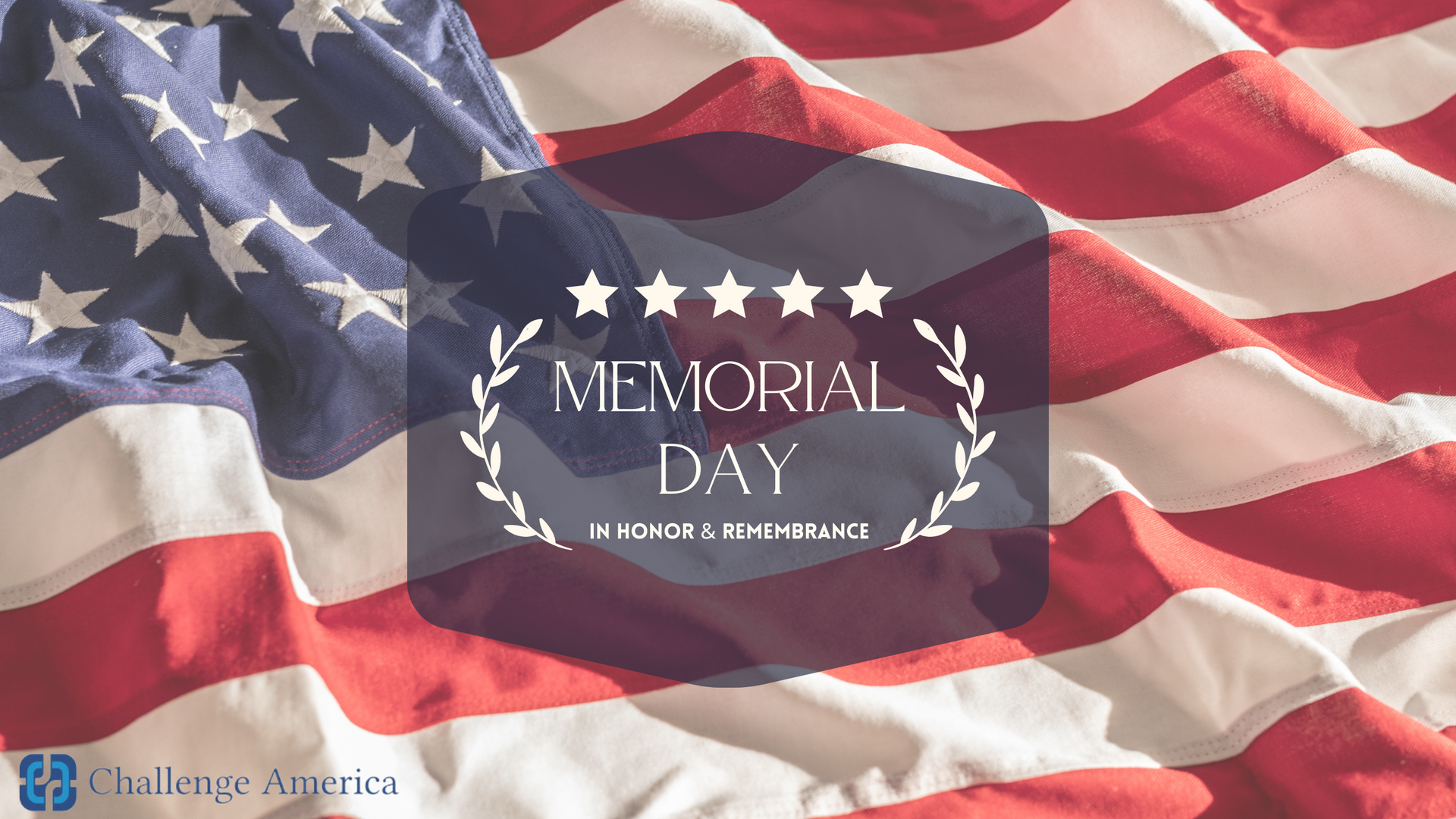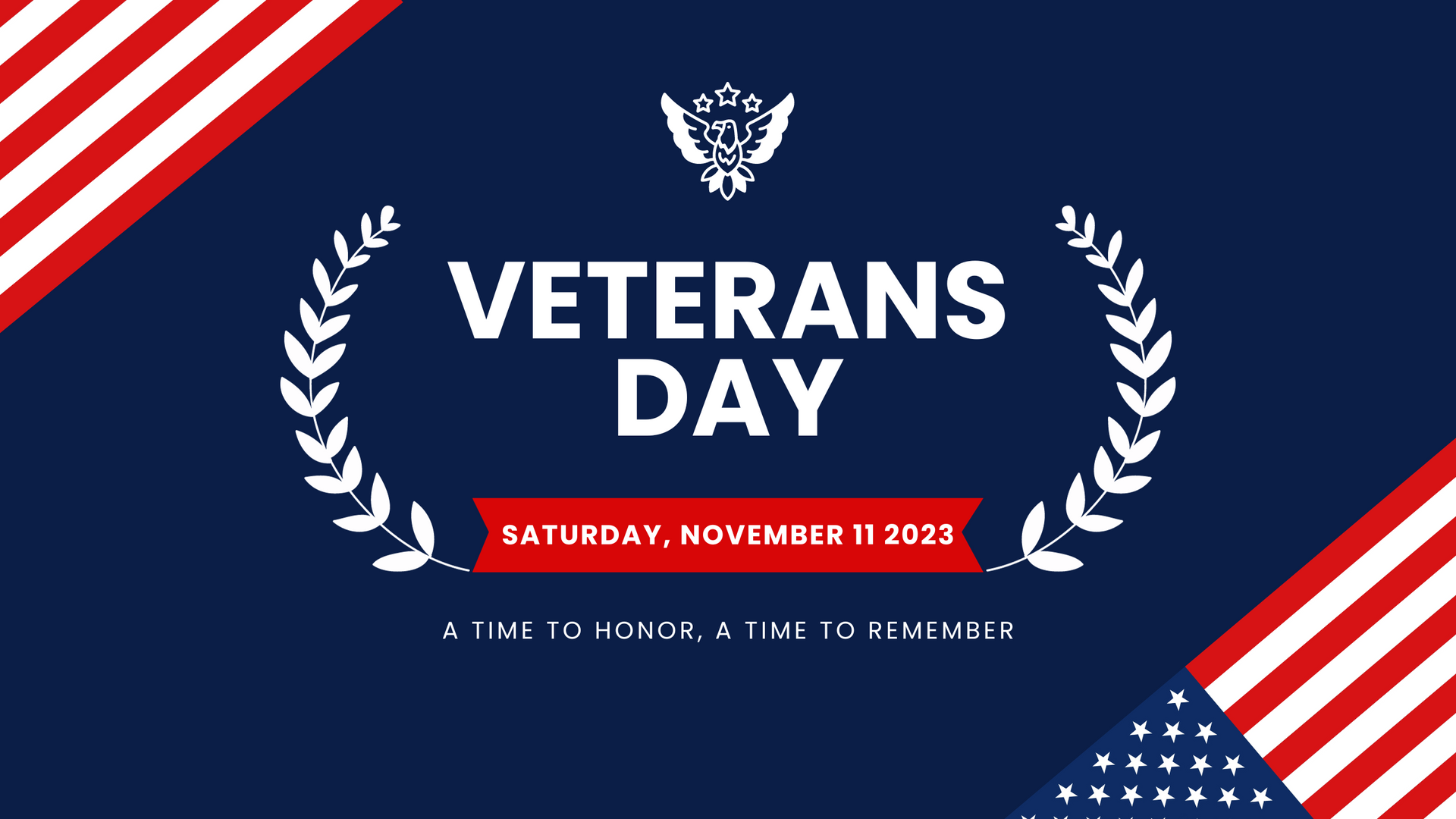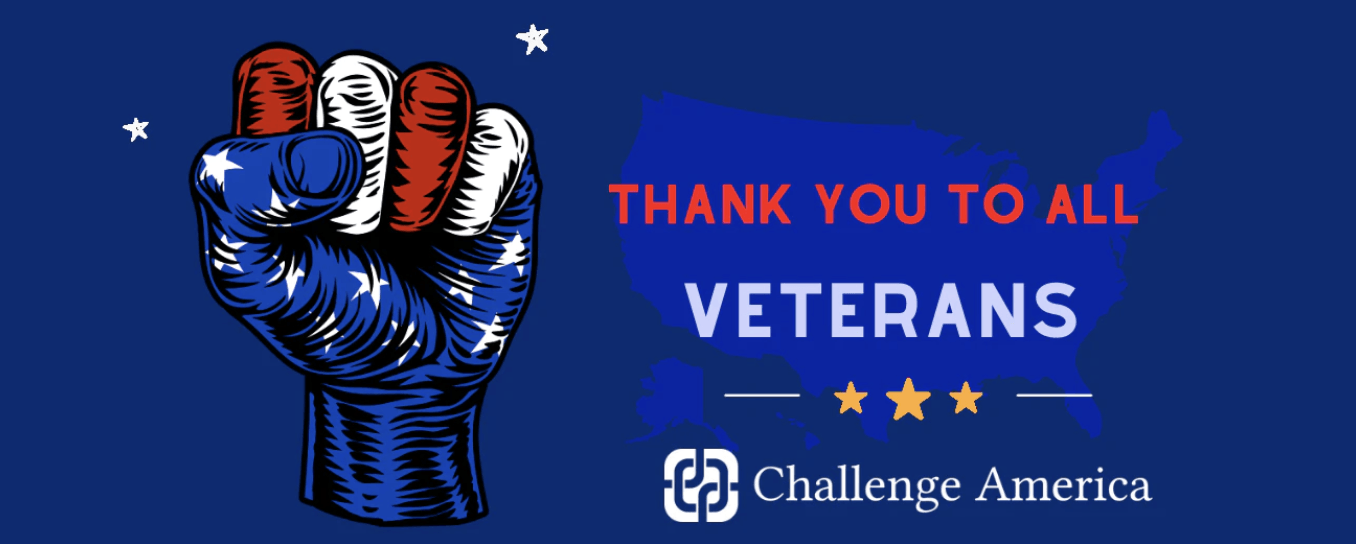MILITARY SPOUSES NEED YOUR SUPPORT
PCS moves, deployment tempos, and other unique circumstances are difficult challenges to overcome, but they are not insurmountable. To secure a rewarding career, military spouses often need employment opportunities that allow a high degree of flexibility and independence. While these opportunities exist, few military spouses know where to look. At Challenge America, we believe it is critical that the first step on the road to discovery begins with a personalized inventory of interests and skills. Once armed with this aptitude profile, each individual is then equipped to work with a career counselor to explore the employment options that are best suited to their specific financial and intellectual objectives, as well as their unique work-life balance.
At Challenge America, it is our goal to ensure that every military spouse who wants a job can not only find work but satisfying work that conforms to their particular work-life balance. To do so, Challenge America works with a wide range of nonprofit organizations and private consulting partners to provide military spouses the tools they need to secure a satisfying career. This program is already in motion but we need your help to build momentum, so that those who sacrifice so much on our behalf have the opportunity receive their just deserts.
Sources:
Office of the Deputy Assistant Secretary of Defense (2014). 2014 Demographics: Profile of the Military Community, ICF International.
Maury, R. and B. Stone (2014). Military Spouse Employment Report, Institute for Veterans and Military Families; Military Officers Association of America.
Paley, B., et al. (2013). "Family systems and ecological perspectives on the impact of deployment on military families." Clin Child Fam Psychol Rev 16(3): 245-265.
Shiffer, C. O., et al. (2015). 2015 Military Family Lifestyle Survey, Blue Star Families.
U.S. Department of Veterans Affairs (2015). Profile of Veterans 2013. National Center for Veterans Analysis and Statistics.
U.S. Department of Veterans Affairs, National Center for Veterans Analysis and Statistics: http:// www.va.gov/vetdata/veteran_population.asp

